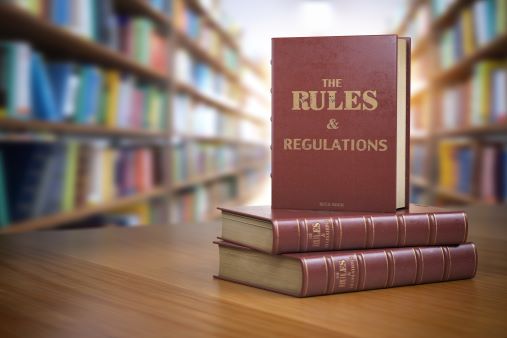On Aug. 6, the Bureau of Industry and Security (BIS) of the U.S. Department of Commerce published a new rule implementing the latest round of sanctions targeting Russia’s energy sector by imposing a licensing requirement on certain commercial equipment intended for use in exploration or production from deepwater (greater than 500 feet), Arctic offshore, or shale projects in Russia. However, the new rule affects a wide variety of equipment commonly used in the oil and gas industry. At the same time, BIS announced its policy to deny authorizing any new licenses for such equipment.
The equipment subject to the Aug. 6, rule is identified in a new Supplement No. 2 to Part 746 of the Export Administration Regulations (EAR), which includes fifty-two previously uncontrolled “EAR99” products. They include such items as various types of line pipe, drilling equipment and parts and oil well/oil field pumps. In addition, equipment that is controlled on the Commerce Control List under Export Control Classification Numbers (ECCNs) 0A998, 1C992, 3A232, 6A991, 8A992 or 8D999 are also subject to the new BIS licensing rule and policy of denial. They include, but are not limited to, drilling rigs, parts for horizontal drilling, drilling and completion equipment, subsea processing equipment, marine engines, wireline and down hole motors and equipment, drill pipe and casing, software for hydraulic fracturing, high pressure pumps, seismic acquisition equipment and seismic analysis data, remotely operated vehicles, compressors, expanders, valves and risers.
The new licensing requirement and denial policy for the products described above apply if the exporter or reexporter knows the items will be used directly or indirectly in exploration for, or production of, oil or gas in:
- Russian deepwater (greater than 500 feet); or
- Arctic offshore locations or shale formations in Russia
This new rule also applies if the exporter or reexporter is “unable to determine whether the item will be used in such projects.” Thus, this provision places a heavy burden on those exporting or reexporting the items described above to Russia. They will need to attain a high level of confidence that the products will not be used for Russian deepwater operations, Arctic offshore or shale formations in Russia. U.S. exporters of such items should consider steps such as performing due diligence on their Russian customers, obtaining end use certificates from their customers, or, if applicable, documenting the inability of their products to be used in deepwater, Arctic conditions or shale formations.
This rule change went into effect immediately on Aug. 6, and there is no “savings clause” to permit delivery of shipments that were already on their way. Thus, if there are any shipments en route that include equipment subject to the new rule, they would need to be stopped and redirected.
In addition to regularly screening all parties to a transaction to ensure they are not a listed party or subject to the sectoral sanctions, a company should now screen all products to determine if they are subject to this new licensing requirement and policy of denial. The situation in Ukraine is evolving rapidly, and the U.S. continues to issue new restrictions without much advance notice. U.S. companies considering transactions involving Russia, whether directly or indirectly, should proceed with utmost caution.
A copy of the Federal Register Notice containing the new EAR Section 746.5 licensing rule and denial policy can be found here. We urge you to review the Supplement No. 1 to Part 774 and Supplement No. 2 to Part 746 at the end of the Notice to determine if any of your products are affected.
For more information, contact the Barnes & Thornburg attorney with whom you work, or one of the following: Karen McGee at (202) 408-6932 or karen.mcgee@btlaw.com or Linda Weinberg at (202) 408-6902 or linda.weinberg@btlaw.com.
©2014 Barnes & Thornburg LLP. All Rights Reserved. This page, and all information on it, is proprietary and the property of Barnes & Thornburg LLP. It may not be reproduced, in any form, without the express written consent of Barnes & Thornburg LLP.
This Barnes & Thornburg LLP publication should not be construed as legal advice or legal opinion on any specific facts or circumstances. The contents are intended for general informational purposes only, and you are urged to consult your own lawyer on any specific legal questions you may have concerning your situation.
Visit us online at www.btlaw.com and follow us on Twitter @BTLawNews.















